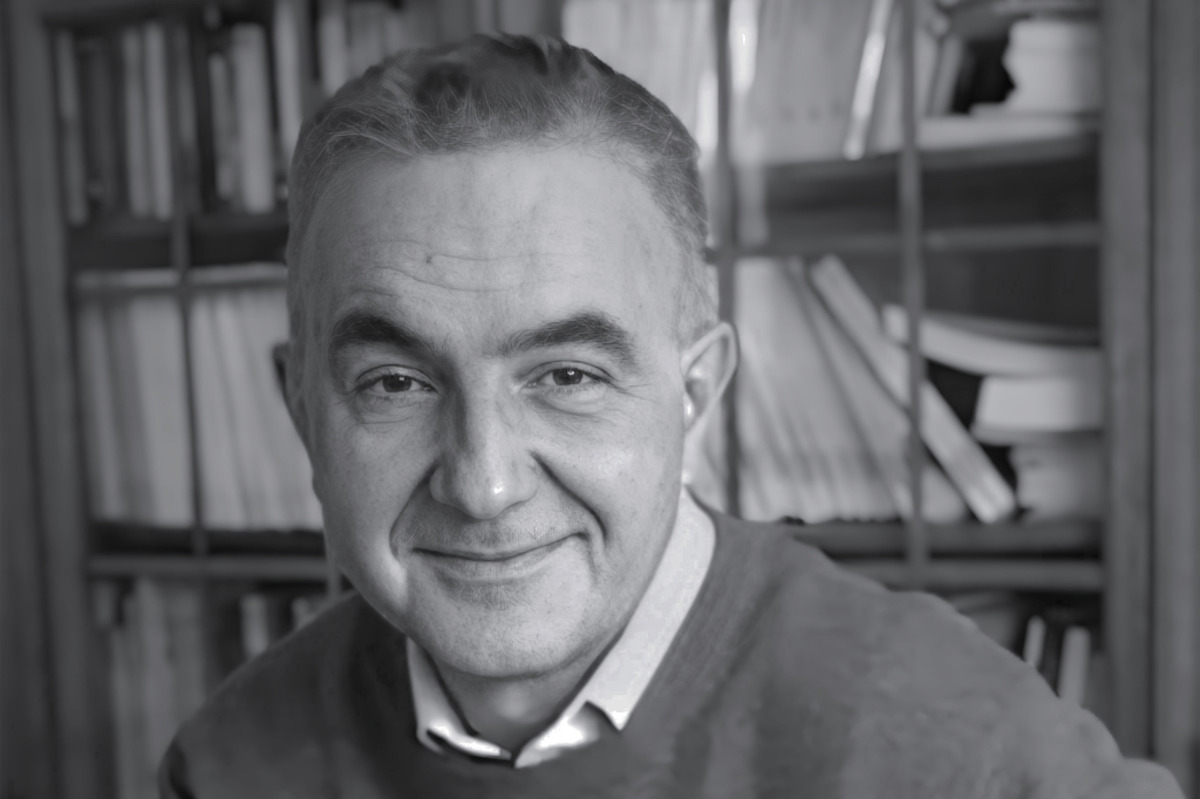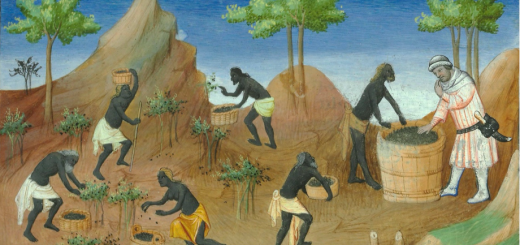The endless labour of democracy. In memory of Bernard Manin (1951-2024)

On the 10th December 2024 the University of Lausanne celebrates the life and work of the French political philosopher Bernard Manin, who died on the 1st November last. Manin had a special connection to our university: several local researchers had been taught by him in Paris, or had worked with him on different projects on democracy, representation and the practice of sorting; in 2003 Manin, who took part in Lausanne to various academic events, was awarded a Doctorate honoris causa.
Educated at the École normale of the rue d’Ulm, Manin held academic positions in the Universities of Paris, New York and Chicago. His international reputation rests mainly on his book Principes du gouvernement représentatif of 1995: an ambitious synthesis of historical and political themes, tracing the evolution of modern democracies, which has been translated in many languages, and is used as textbook in universities all over the world.[1] This successful summing up is in fact built upon a broad disciplinary background, a complex picture of past doctrines and institutions, from which contemporary concerns are never very far. An obsessive perfectionist, and a severe critic of his own work, Manin leaves behind several completed, but unpublished works, on subjects ranging from Montesquieu to the French Revolution, and the practice of deliberation: these abandoned books (now finally going to press) are the best possible testimonial to the wide scope of his intellectual approach.[2]
Though he proved, to those who approached him, a suave and affable figure, Manin was also somewhat intimidating: a trait that was already apparent to his friends in his youth and had nothing to do with his subsequent academic reputation. The reason was probably his fundamental, utter seriousness. He was completely uninterested in the trivia of academic life, as well as in ideological disputes. On the other hand, he was prepared to discuss for hours on end any question he judged worthy of attention, dissecting concepts and turns of phrase, without any reservations or prejudices. In private exchanges he displayed the same passionate concern for aesthetic objects, such as a detail of baroque architecture (his favourite), the atmosphere of a building, or the presence of a bird in some beloved landscape of the Alps. It is his calm, confident openness that we shall miss above all.
On the 18th March 2019 Manin was summoned to the Élysée, with a group of prominent political scientists, to assess the project of the future Convention citoyenne sur le climat, that was going to meet in October of the same year. President Emmanuel Macron had taken the initiative of reviving the ancient practice of citizens’ assemblies chosen by lot, to debate controversial issues such as climate change, discussing possible legislative measures. On the occasion, Manin addressed to the President a short note, commenting on the option of submitting such legislation to a referendum. The subject was very close to his intellectual preoccupations and to his understanding of democracy as an ongoing, difficult process: whatever was made of his advice, it seems fitting to remember him in this public role.
Biancamaria Fontana is Emeritus professor of History of political thought at the University of Lausanne, and a member of the Walras Pareto Centre for the history of economic and political thought.
Footnotes
- Bernard Manin, Principes du gouvernement représentatif, Paris, Flammarion, 2019; English translation: The Principles of Representative Government, Cambridge, Cambridge University Press, 1997. ↩
- The first of these works is now in print: Montesquieu, Paris, Hermann, 2024. ↩
To cite this blog post : Biancamaria Fontana, « The endless labour of democracy. In memory of Bernard Manin (1951-2024) », Blog of the Centre Walras Pareto, November 28, 2024, https://wp.unil.ch/cwp-blog/2024/11/in-memory-of-bernard-manin/.



